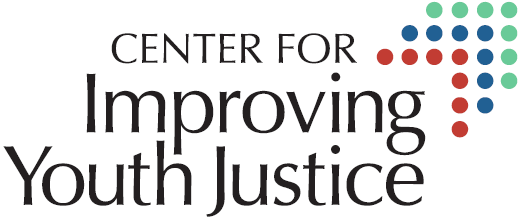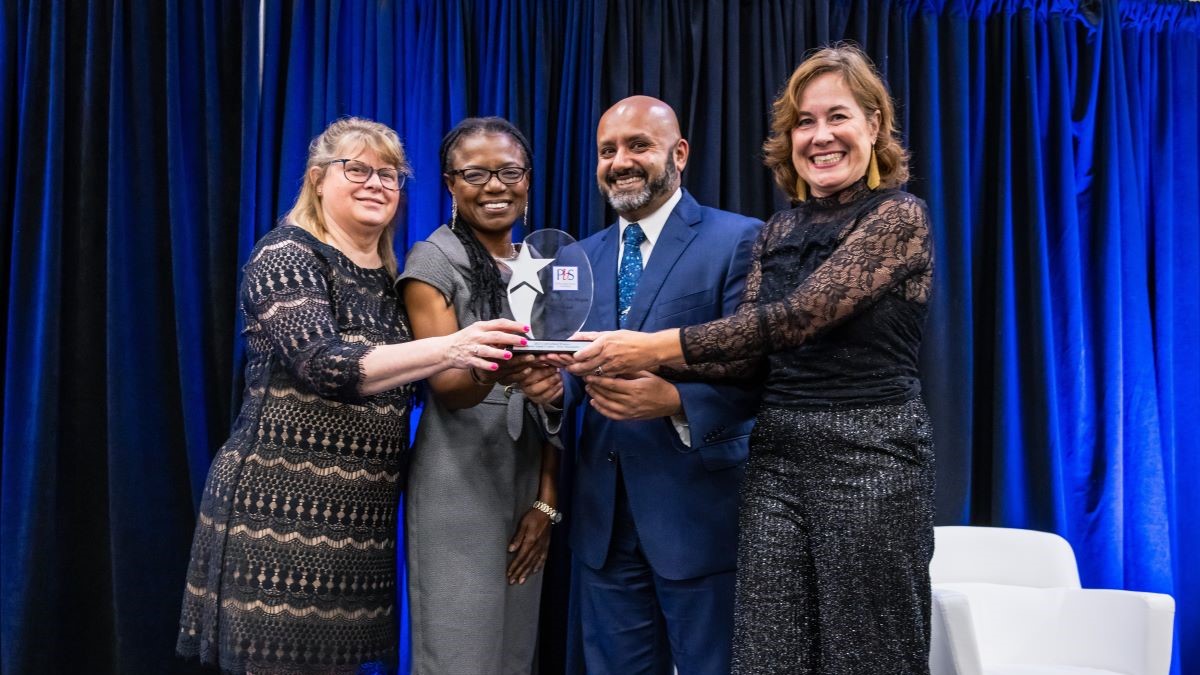Located a stone’s throw from the Mississippi River in rural Grafton, IL, the Illinois Youth Center (IYC) Pere Marquette serves as step-down program for the Illinois department of Juvenile Justice and has long recognized the importance of family and community to the young men they work with. When they were tasked with doing their part to strengthen families as part of the state Department of Juvenile Justice’s (IDJJ) Family Engagement Initiative in 2021 and COVID-19 restrictions were eased, they renewed and expanded their efforts to build, heal and support relationships with families and they created additional supports and opportunities for the young men when they leave.
To measure and monitor the effectiveness of the family engagement initiative, IDJJ required facilities to standardize their documentation of family contacts and connections. The team at Pere Marquette realized they were not documenting all the contacts made with families, they were making contacts with adults beyond the traditional definition of family and they were continuing to connect with the young men after they were released to the aftercare agency. In response, Pere Marquette expanded its definition of family and connection to community supports to create a bridge between the facility and the young person’s world. They created a PbS Facility Improvement Plan (FIP) to increase family contacts.
The PbS team began with education and communication. They provided staff training on trauma-informed care, formed committees for family engagement and opportunities for staff buy-in. The plan for each youth include biological family as well as “fictive family,” who are friends, mentors, staff, paramours or caregivers. They maximized the WebEx technology provided by the state, which included cameras on computers, to increase communications with families. For the young people whose families were unavailable or absent, the team engaged Transitional Support Therapy and facility staff to serve as their facility family. “Increased connectedness has allowed the families we work with to see us as part of their familial unit, versus being outsiders that their sons were place with following their convictions from the courts,” Facility Administrator Jamie House explained.
More specifically:
- To accommodate the availability of families and young people, regardless of what department they work for, staff at the facility facilitate the WebEx call. Nights, weekends and off-hours – whenever works for the family;
- To connect the young people and their support systems with community resources, IDJJ initiated Transitional Support Therapy (TST) to provide continuity of mental health treatment and ongoing support until community services can be initiated;
- To address risk for substance use and increase prevention planning, the Leveraging Safe Adults (LeSA) program focuses on emotional regulation with responsive, trained adults; and
- To ease transition back to school, each young person with an individualized education plan (IEP) is assigned an Educational Liaison. Young people are a seniors in high school are encouraged to sign up for additional services such as help finding jobs, housing and continuing their educations through rehabilitation services office by the Department of Human Services.
As result, IYC Pere Marquette increased its contacts with families from about two per young person to about seven per young person, exceeding the PbS field average and proving change and data go hand-in-hand.
Congratulations to the IYC Pere Marquette team! We thank you for your dedication and commitment to treating every young person as one of our own.
Watch the video to learn more about this year’s Barbara Allen-Hagen Award corrections category winner.

